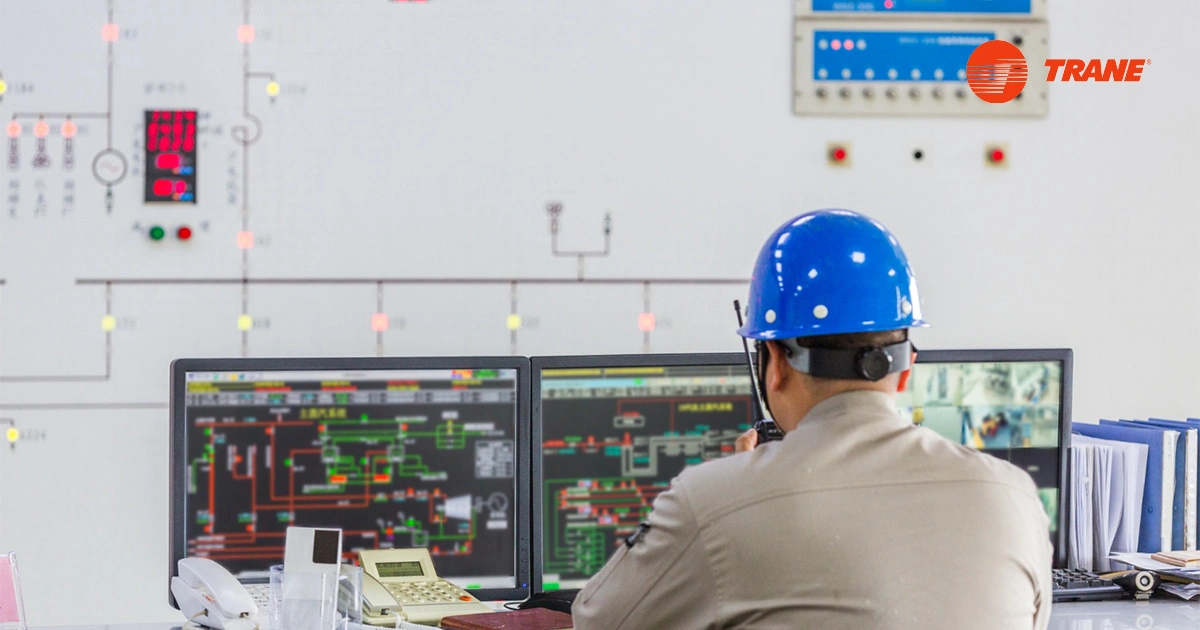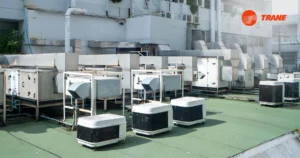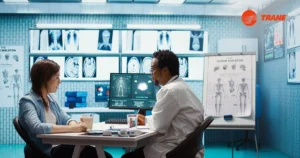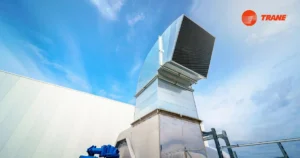Oman’s industrial and commercial growth is accelerating, driven by sectors such as oil and gas, healthcare, logistics, and manufacturing. While the country is most often associated with extreme summer heat, its cooler seasons and specialized industries also present challenges that demand precise temperature management. For many organizations, access to a dependable heating service is not just a convenience — it is a strategic necessity to safeguard production quality, ensure operational safety, and maintain international standards.
The Seasonal Climate Factor in Oman
Although Oman is best known for its harsh, hot climate, seasonal variations affect different regions in diverse ways. In the mountainous areas of Dhofar and the desert interiors, nighttime temperatures can drop significantly, particularly in winter. These fluctuations pose challenges for industrial facilities that require stable, controlled environments to maintain smooth operations. A professional heating service helps companies overcome these seasonal risks by stabilizing production environments and ensuring that sensitive equipment and processes remain unaffected.
Supporting Oil and Gas Operations
The oil and gas sector is at the heart of Oman’s economy, and it requires careful climate management across exploration, refining, and distribution activities. During cooler months, pipelines and machinery can face efficiency losses if temperatures drop below optimal operating ranges. Heating service solutions ensure equipment remains at the correct working temperature, preventing costly disruptions. By integrating mobile and scalable systems, companies in the sector can maintain productivity and safety across sites spread across Oman’s challenging terrain.
Applications in Healthcare and Pharmaceuticals
Hospitals, clinics, and laboratories represent another sector where reliable heating is crucial. In medical facilities, temperature-sensitive environments ensure patient safety, protect delicate instruments, and maintain sterile conditions. In pharmaceuticals, production often involves processes that require specific thermal thresholds to preserve product integrity. Trane Oman’s heating service provides tailored solutions that safeguard both healthcare delivery and pharmaceutical manufacturing, helping organizations comply with strict regulatory requirements while improving patient and consumer outcomes.
Manufacturing and Food Processing Needs
Oman’s manufacturing base is expanding, with industries producing everything from building materials to consumer goods. Many of these processes require not only cooling but also supplemental heating during cooler months or for specialized production stages. In the food processing sector, consistent heating is vital to maintain safety standards, ensure product consistency, and prevent spoilage. By adopting heating service solutions, businesses in these industries gain flexibility to adjust to seasonal needs without compromising output or profitability.
Temporary Solutions for Projects and Events
Construction projects and large-scale events are another area where heating services prove essential. In Oman’s growing tourism and cultural event industry, temporary venues and facilities often require heating to ensure comfort and safety for guests. Similarly, construction projects working during winter nights or in higher-altitude regions benefit from portable heating systems that keep workers safe and equipment functioning efficiently. These short-term needs are effectively addressed through rental-based heating services that are fast to deploy and scale according to demand.
Enhancing Sustainability and Energy Efficiency
Sustainability is becoming increasingly important in Oman’s development agenda. Modern heating service solutions integrate advanced technologies designed to optimize energy consumption and reduce environmental impact. For example, systems equipped with smart controls and energy-efficient components allow businesses to maintain necessary heating levels while lowering operational costs. This dual advantage — cost savings and reduced carbon footprint — aligns with Oman Vision 2040, which prioritizes sustainable growth and global competitiveness.
Technology Integration for Reliable Service
Heating service is not just about providing equipment — it is about delivering end-to-end support. Trane Oman incorporates advanced monitoring tools and predictive maintenance into its heating solutions, ensuring that systems run reliably throughout their deployment. This proactive approach minimizes downtime, enhances safety, and gives organizations the confidence to focus on their operations rather than technical interruptions. For industries with critical needs, this integration of technology and service expertise represents a major competitive edge.
Case Example: Supporting Logistics and Agriculture
Oman’s logistics hubs and agricultural sector both illustrate the importance of flexible heating. In logistics, warehouses storing sensitive products such as chemicals or pharmaceuticals require controlled environments to preserve goods in transit. In agriculture, controlled heating can support greenhouse operations, allowing farmers to expand crop cycles and improve yields. Both examples show how heating services contribute to broader economic diversification by strengthening non-oil industries that are critical to Oman’s future growth.
Closing Thought
For Oman’s diverse industries, reliable climate management is more than a background necessity — it is a cornerstone of operational resilience. With advanced systems, responsive deployment, and professional expertise, Trane Oman’s solutions help organizations safeguard their operations year-round. By integrating flexible services with modern technology, businesses secure long-term value and reliability. For companies seeking specialized support in logistics and storage, dependable refrigerated containers further complement this commitment, ensuring that every stage of the supply chain remains protected.




